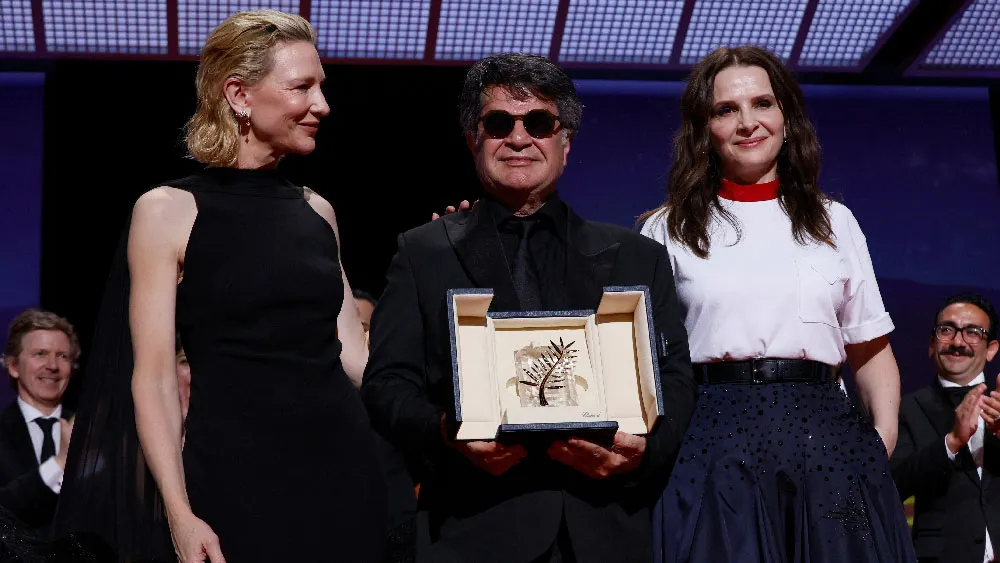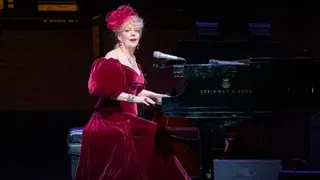February 8, 2016
Tattoos, Martial Arts and Poker? Casinos Woo Millennials
READ TIME: 3 MIN.
Casinos worried that millennials aren't getting into traditional gambling like their parents and grandparents are bringing in tattoo studios, mixed martial arts competitions and other offbeat attractions to attract a younger clientele.
In New England, where a regional casino war is afoot, Connecticut's Foxwoods is remaking one of its gambling floors - now christened "The Fox" - as a hip, fun scene in the sprawling 30-year-old casino complex.
The casino floor bar was redone in January to include a stage where a mostly female ensemble covers pop songs. Just off the gambling floor, a swank new tattoo studio-slash-fashion retailer opened in the fall, not far from where Shrine, the casino's popular nightclub, is increasingly booking top electronic dance acts like DeadMau5 and Tiesto.
"It's kind of like the party place," says CEO Felix Rappaport. "It's really energized the casino floor."
In Rhode Island, the more modest-sized Twin River Casino removed 274 slot machines to make way for more poker and other table games favored by younger gamblers this past December. It's also been hosting mixed martial arts competitions at its event center, a nod to its popularity among younger fight fans.
Casinos are making the right move to draw in millennials if they're putting fewer slot machines on their floors in favor of table games, said Sunny Chopra, a 25-year-old from Falmouth, Massachusetts, as he considered betting at an electronic roulette wheel at Plainridge Park, a slots parlor and harness racing track in Plainville, Massachusetts.
"I've never played slot machines," Chopra said. "I'm not that old."
E-Tables with Live Dealers & More...
Casinos slow to pivot to millennials' preferences do so at their own risk, warned Steven Norton, a casino consultant based in Illinois.
Older members of the demographic are in their 30s, meaning they're entering their prime earning and spending years, he says. That's critical for an industry whose customers have historically been in their 40s and over.
"You want to develop good customers now so that we don't become the horse racing industry of the future, where all of our people have died off and we don't have any new blood coming in," Norton said.
It's too soon to determine whether any of these efforts will translate to sustained success with millennials, casino operators said.
But market research suggests new thinking is necessary, said Michael Mathis, president of MGM Springfield, a $950 million resort casino expected to open in western Massachusetts in late 2018.
He pointed to a 2015 article by the Washington, D.C.-based Marketing Research Association suggesting current versions of slot machines are "widely viewed" by millennials as "antisocial, non-intuitive and generally boring."
To address the slot machine apathy, casinos in past years updated machines with more pop culture references, like Star Wars themed gambling machines. They also introduced electronic version of popular table games.
The newest trend? Electronic table games that feature live dealers.
Casinos are betting the blend of live table game action, easy slot machine-style play and lower minimum bets will appeal to younger and novice gamblers, says Carrie Nork Minelli, spokeswoman at Parx Casino outside Philadelphia, which unveiled a Shaquille O'Neal-themed electronic blackjack game where players are arranged "stadium-style" around a live dealer in late 2015.
Casinos are also increasingly launching "social casinos" - websites where players can play free, online versions of their slot machine and table game offerings for virtual credits that can't be converted to cash or redeemed.
The hope is that free online play generates paying customers at brick-and-mortar gambling halls, says Mario Maesano, senior vice president of marketing at Maryland Live, which launched a social casino just before Christmas.
At Connecticut's Mohegan Sun, where millennial-friendly nightlife and entertainment options like Vegas-style pool parties and rooftop concerts emerged almost four years ago, general manager Ray Pineault cautions the need to address the younger generation has to be balanced.
"You can't over emphasize millennials to the detriment of your other customers," he said. "They're still young and have less disposable income than their more established parents."






